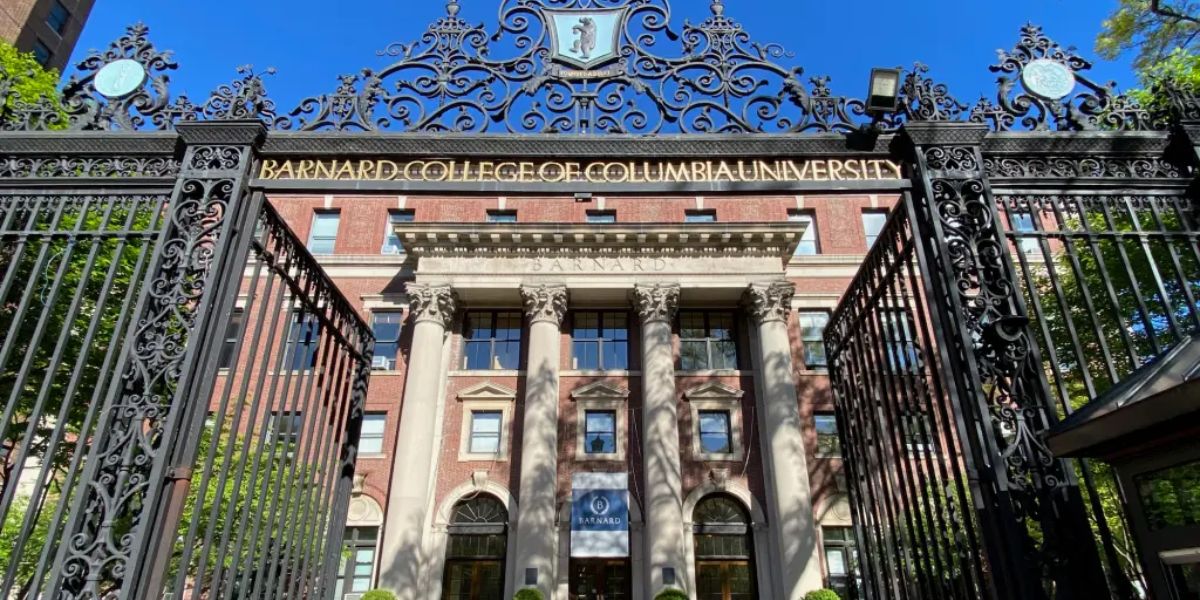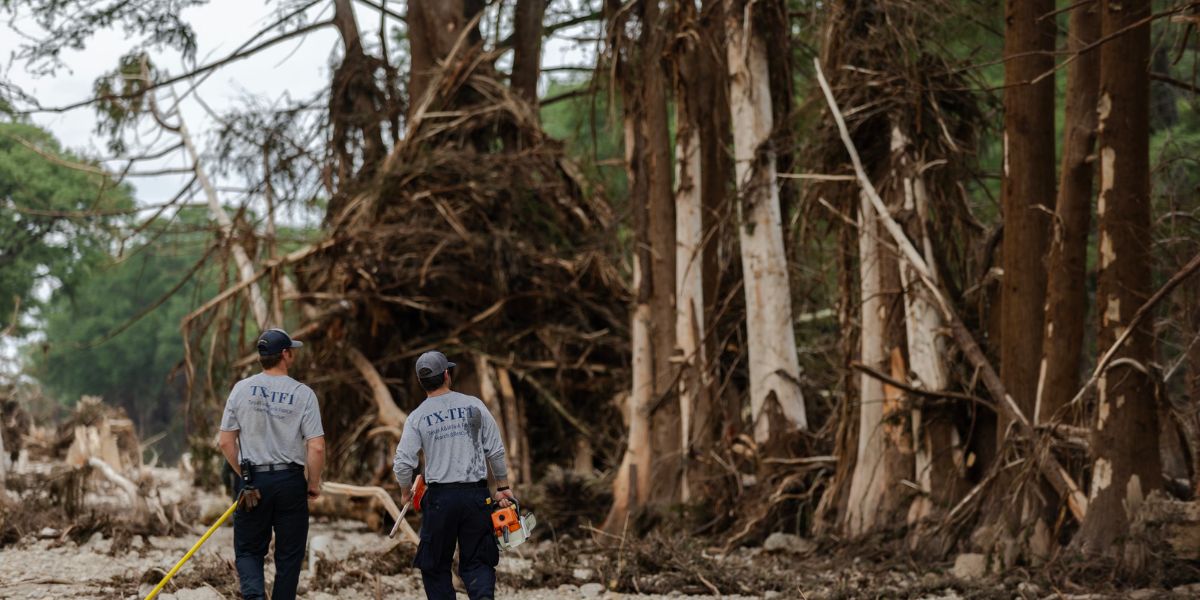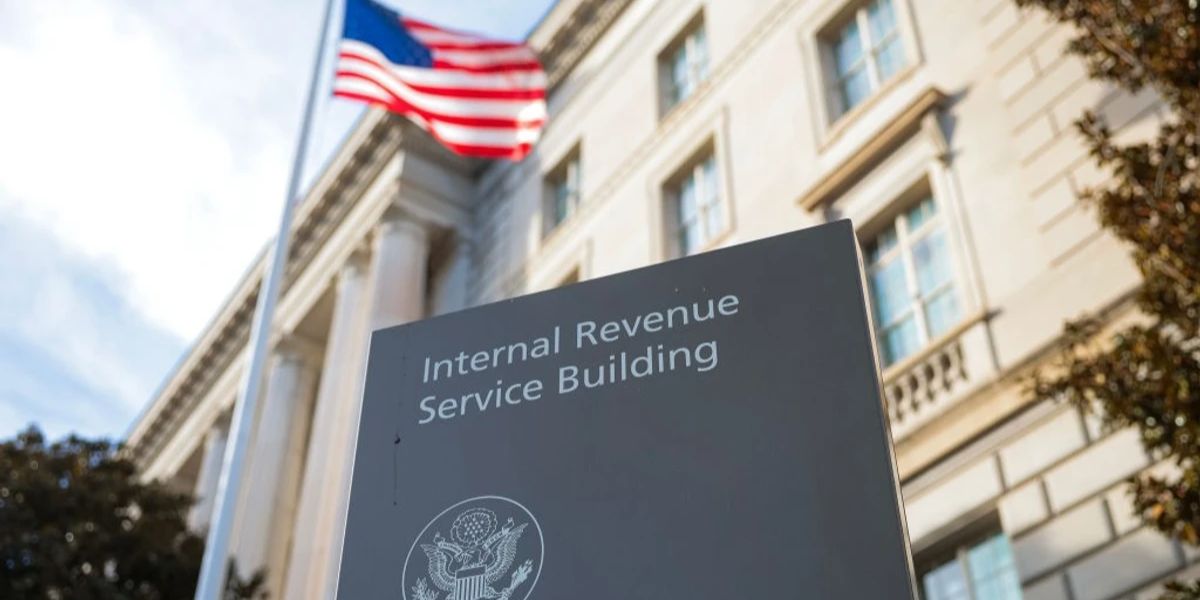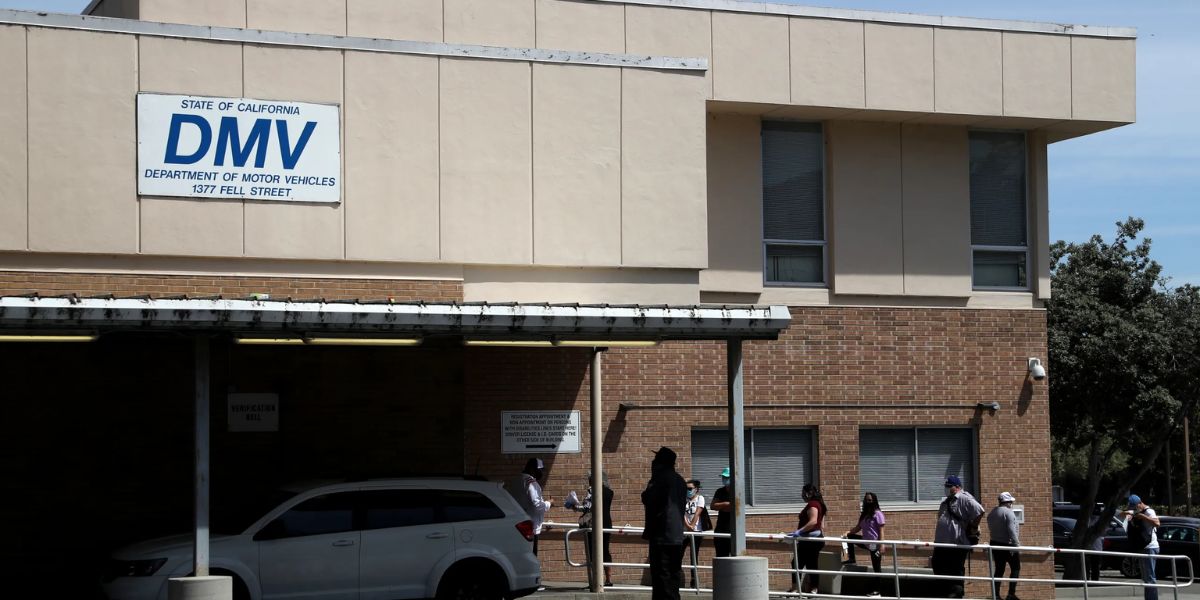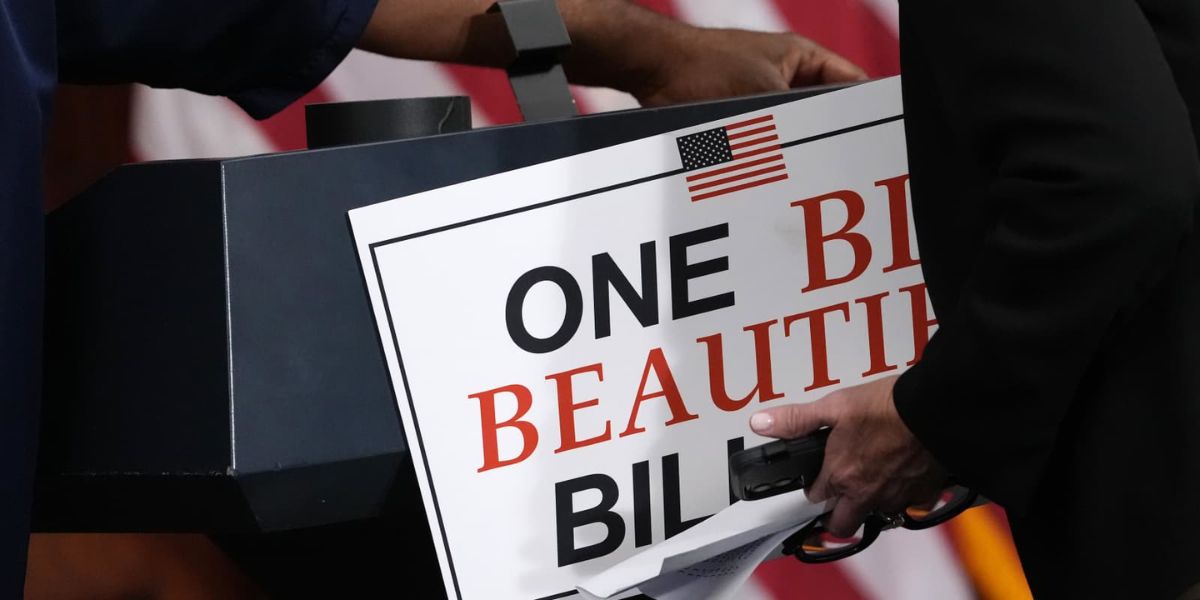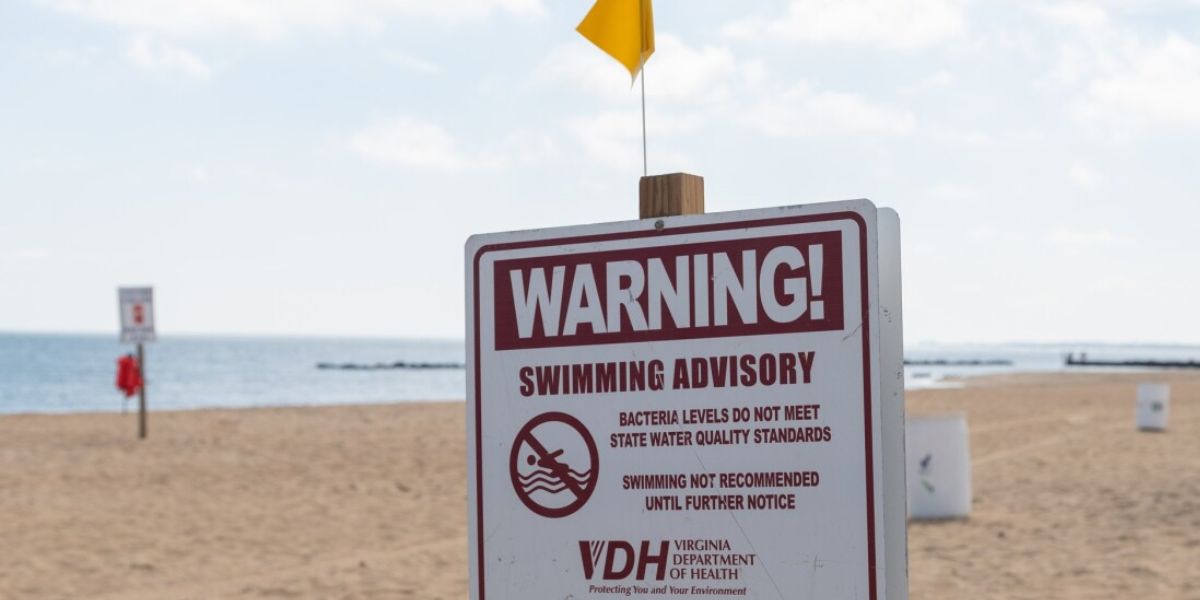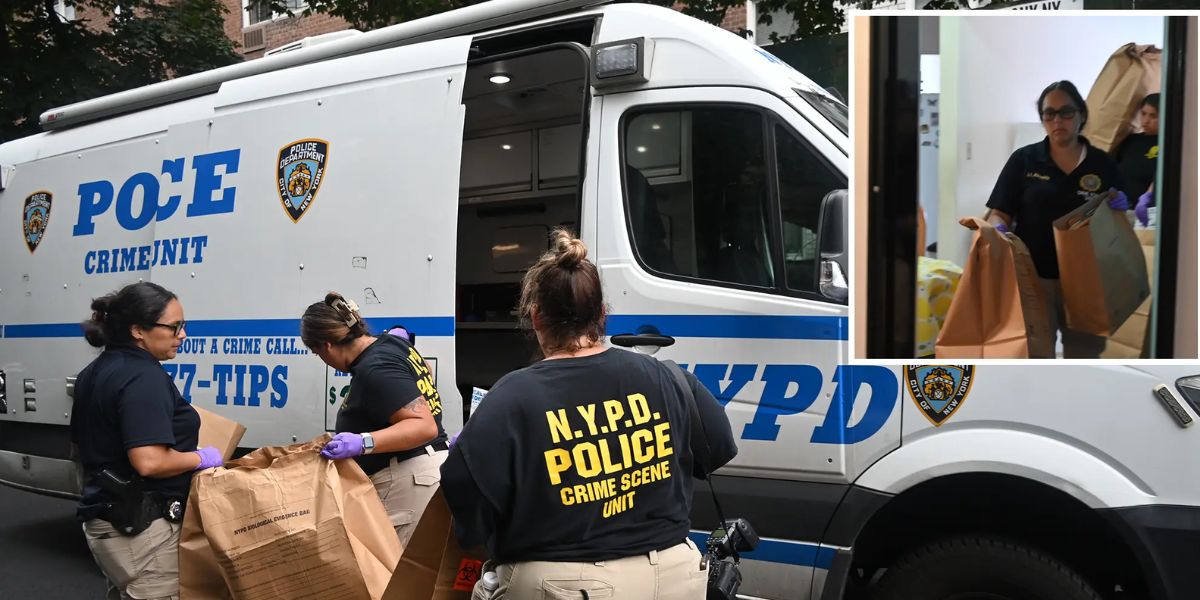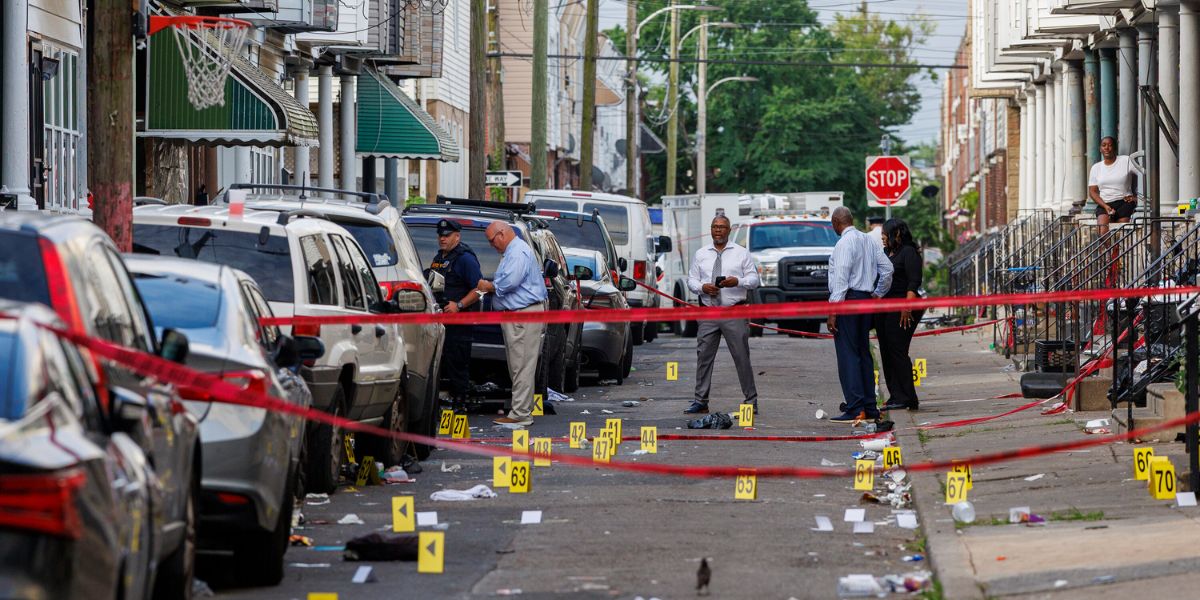New York City, New York – Columbia University in New York has become the victim of a targeted cyberattack that compromised the personal information of students, applicants, and employees.
The breach, believed to be politically motivated, took place on June 24 and caused a major disruption to the university’s systems.
The hacker, who managed to infiltrate the Ivy League’s network, stole sensitive data such as social security numbers, citizenship status, university-issued ID numbers, application decisions, and employee salaries.
The university’s systems were knocked offline for several hours, causing significant disruptions across campus.
A Politically Motivated Attack
University officials believe the hacker’s primary aim was to advance a political agenda. According to a statement released by the university, the attacker specifically targeted documents related to the use of affirmative action in admissions.
This is especially noteworthy given the Supreme Court’s recent ban on affirmative action in college admissions, which added a political layer to the breach.
In a statement, Columbia University confirmed that an unauthorized actor had gained access to its network and stole data from a limited portion of the system.
“We immediately began an investigation with the assistance of leading cybersecurity experts,” the statement read. “We now have initial indications that the unauthorized actor also unlawfully stole data from a limited portion of our network.”
Stolen Data and the Scope of the Attack
The hacker later claimed responsibility for the breach, revealing they had taken approximately 1.6 gigabytes of data, which allegedly included 2.5 million applications dating back decades, along with financial aid packages.
Despite the breach, Columbia University maintains that its admissions processes comply with the Supreme Court’s ruling, ensuring no violation of the recent legal decision.
The hacker reportedly spent over two months infiltrating the university’s servers, gaining access to classified information before launching the attack.
The attack temporarily locked students and faculty out of various systems, and some unusual images appeared on screens, including one of President Trump that was displayed on a dorm television.
Security Measures and Ongoing Investigation
Although Columbia University swiftly restored most of its systems, officials are still investigating the full extent of the breach. The university assured students and faculty that the Irving Medical Center was not impacted by the cyberattack.
However, concerns over the scope of the stolen personal information remain high, and the university is working diligently to identify the full range of affected data.
University leaders have pledged to implement additional safeguards to protect against future breaches.
“Our team is working toward answers, and moving forward, we will be examining what additional steps we can take and what other safeguards we can implement to prevent something like this from happening again,” the university officials stated.
Read Also: San Diego Beach Destinations Face Water Alerts Before July 4th Festivities
Implications and Future Safeguards
The cyberattack on Columbia University underscores the ongoing threat of digital activism and the growing concerns about the security of sensitive data in educational institutions.
With the hacker targeting politically sensitive information, such as affirmative action-related documents, the attack raises questions about the security of personal data and the effectiveness of current cybersecurity measures in place at universities.
Columbia’s leadership continues to assure the university community that they are committed to securing the affected systems and preventing future incidents.
As the investigation progresses, additional steps and updates are expected to be shared with students, faculty, and staff to address the aftermath of this unsettling cyberattack.
We want to hear your thoughts. Do you think more can be done to protect data in educational institutions? What steps should be taken to ensure cybersecurity in such sensitive areas? Comment below with your opinions and share this article with your community.
For more news updates and detailed insights, visit ridgecrestpact.org.

